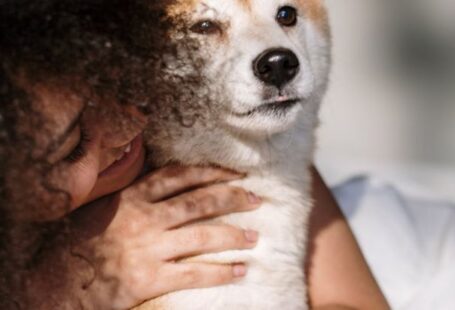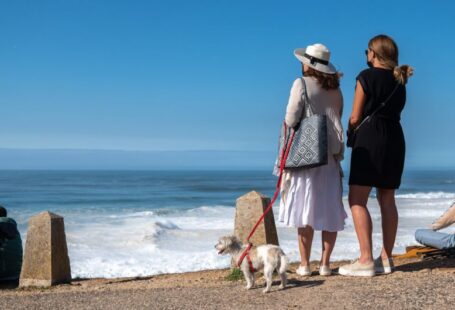The Bulldog, with its distinctive wrinkled face and muscular build, is a breed that has captured the hearts of dog lovers around the world. Renowned for their loyalty, courage, and gentle disposition, Bulldogs make excellent companions for families, singles, and even seniors. However, behind their lovable demeanor lies a rich and fascinating history that dates back centuries.
The Regal Origins of the Bulldog
Bulldogs have a regal history that traces back to England in the 16th century. Originally bred for bull-baiting, a popular sport in which dogs were pitted against bulls in a cruel and brutal display of strength and tenacity, Bulldogs were prized for their courage and tenacity. Despite the violent nature of their original purpose, Bulldogs were also valued for their loyalty and protective instincts, traits that have endured to this day.
Evolution from Bull-Baiting to Companion
Thankfully, the cruel sport of bull-baiting was outlawed in the 19th century, leading to a shift in the Bulldog’s role from fierce fighter to beloved companion. Breeders worked to selectively breed Bulldogs for temperament, resulting in the lovable, affectionate, and gentle dogs we know today. While their physical appearance may still hint at their muscular past, modern Bulldogs are known for their laid-back and easygoing nature, making them ideal pets for families and individuals alike.
Characteristics of the Bulldog
One of the most striking features of the Bulldog is its distinctive appearance. With its wrinkled face, pushed-in nose, and muscular build, the Bulldog has a look that is both adorable and powerful. Despite their somewhat intimidating appearance, Bulldogs are known for their friendly and affectionate nature. They are incredibly loyal to their families and form strong bonds with their owners. Bulldogs are also known for their patience and tolerance, especially when it comes to children, making them excellent family pets.
Health Considerations for Bulldogs
While Bulldogs make wonderful companions, they do have some health considerations due to their unique physical characteristics. Their flat faces can result in breathing difficulties, especially in hot weather or during strenuous exercise. Bulldogs are also prone to obesity, so it’s essential to monitor their diet and ensure they get enough exercise to maintain a healthy weight. Regular veterinary check-ups are crucial for Bulldogs to address any potential health issues early on.
Training and Socialization
Bulldogs are intelligent and eager to please, but they can also be stubborn at times. Consistent training and positive reinforcement are key to helping Bulldogs thrive. Early socialization is also essential to ensure that Bulldogs are comfortable around other dogs and people. With the right training and socialization, Bulldogs can be well-behaved and obedient companions.
The Bulldog in Popular Culture
The Bulldog has become a symbol of strength, loyalty, and determination in popular culture. From sports teams to mascots to company logos, the Bulldog is often used to represent these qualities. Famous Bulldogs like Winston Churchill’s beloved pet, Churchill, and the University of Georgia’s mascot, Uga, have further solidified the breed’s iconic status.
A Regal Legacy
In conclusion, the Bulldog’s journey from bull-baiting fighter to beloved companion is a testament to the breed’s resilience, adaptability, and enduring charm. With their loyal and affectionate nature, Bulldogs have carved out a special place in the hearts of dog lovers everywhere. Whether as a family pet, a loyal companion, or a symbol of strength and determination, the Bulldog’s regal history continues to captivate and inspire.





